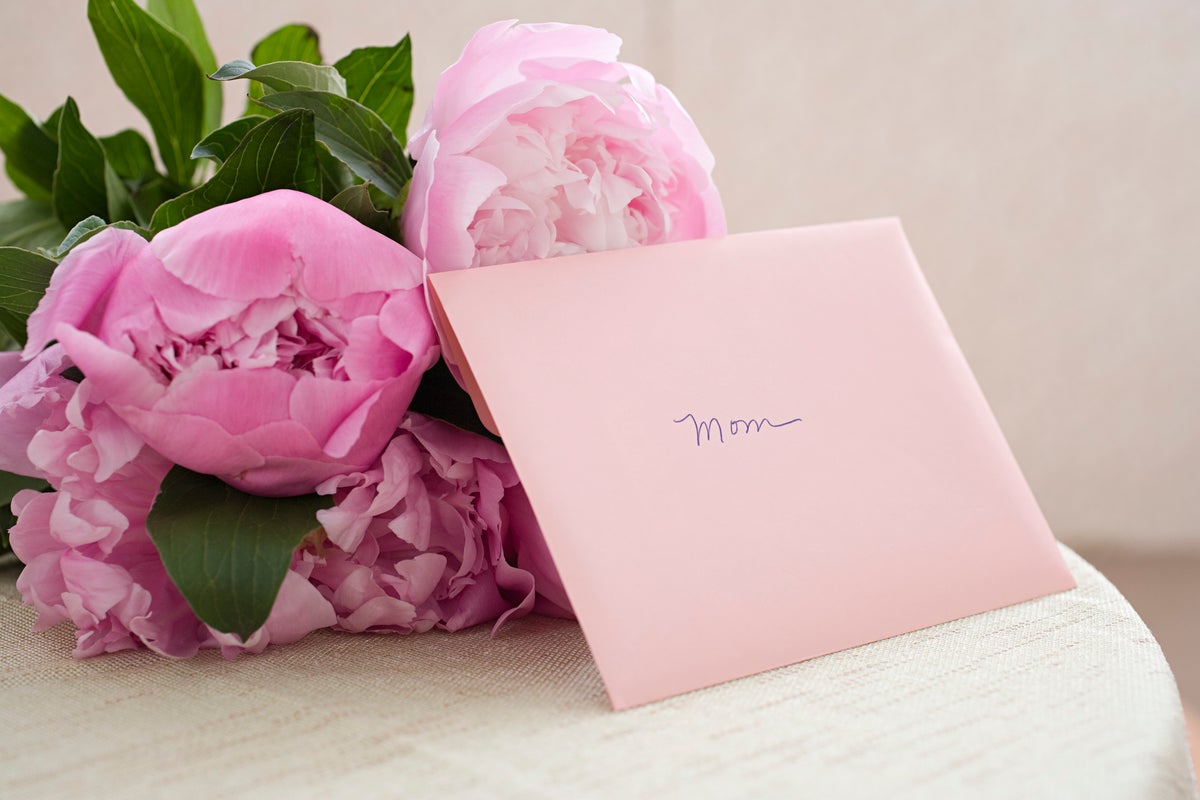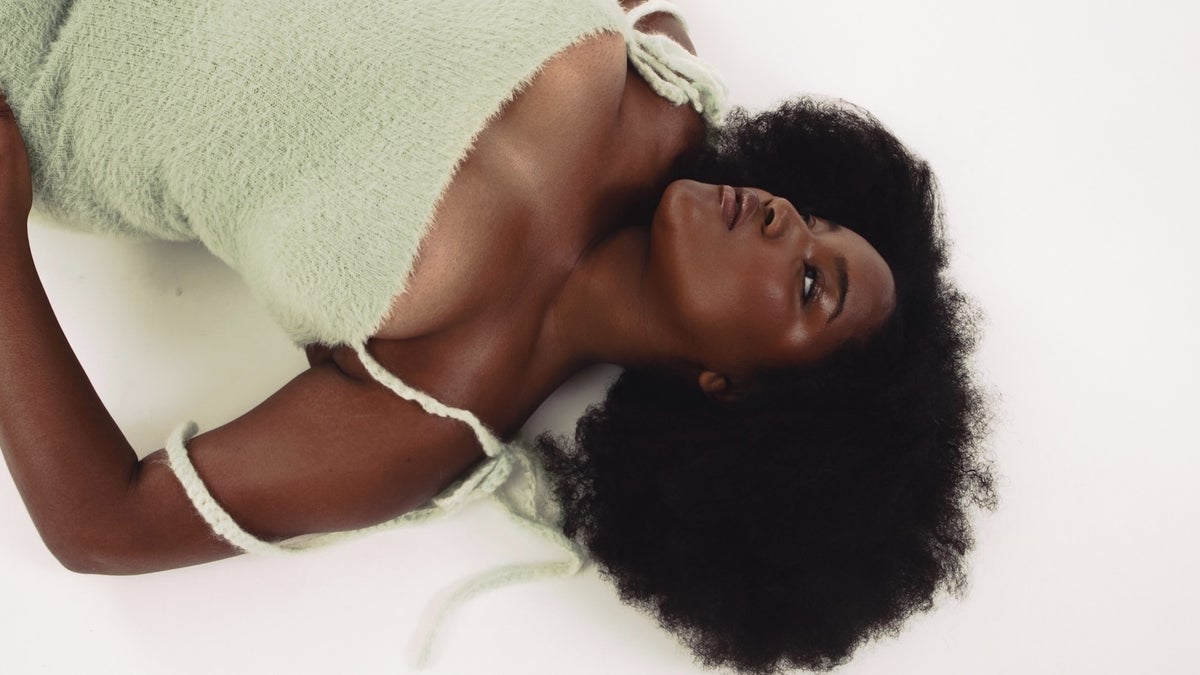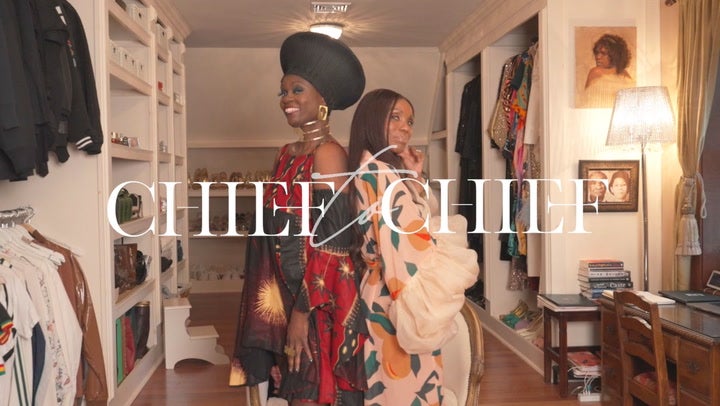
The internet was in a frenzy earlier this week after Gabrielle Union revealed that she and husband Dwyane Wade split their household bills 50/50. Among the sea of opinionated comments, few were supportive of the financial arrangement. Most thought it was shockingly wrong, considering Wade’s net worth is allegedly more than double Union’s. Scrolling through my FYPs and timelines, I was almost numb to the Wade-Union commentary until one remark piqued my interest.
“Hyper independence is a trauma response. What Gabrielle Union is describing is poverty trauma and/or her inability to trust anyone else which makes sense since the man she’s married to had a whole baby with someone,” one commenter wrote on Twitter.
As someone who prides themselves on their independence, and was raised to prioritize it fiercely, the tweet made my eyebrows furrow. Since when is independence a bad thing in any capacity? I quickly dismissed the idea of hyper independence as the latest Gen Z-curated craze, until I scrolled and saw more mentions of it. The brows went from furrowed to raised. Perhaps toxic independence is a real thing.
According to Ashley Lowe-Simmons, LCSW-C, FSW, it absolutely is. “Toxic independence is the mindset of always having to do things on your own,” she explains. “People that have toxic independence usually never ask for help, they don’t ask people to do things for them. It’s almost a control mechanism and feelings of overdoing things so that a sense of strength is maintained.”
Article continues after video.
The difference between healthy and unhealthy independence comes from the ability to ask for help. If you’re not able to do so in any situation, you may be in dangerous territory. Lowe-Simmons tells me that those with toxic independence are not able to ask for help in any scenario, even ones that legitimately require assistance. That inability comes from feeling that asking for help “makes them weak or less than, so they experience strong urges to go above and beyond to ensure that they are able to do for themselves without needing assistance from anyone else.”
Echoing the aforementioned commenter’s explanation of unhealthy independence, Lowe-Simmons affirms the belief that toxic independence is birthed from trauma. “Toxic independence is the result of experiencing trauma at some point in our lives,” she tells me. “Trauma that has hurt and crippled us to the point that we isolate our ability to interact on a healthy level interpersonally.”
Toxic independence manifests in nuanced ways within the Black community, specifically among Black women—a demographic Lowe-Simmons and Lauren Reynolds, LMHC, M.Ed say is particularly susceptible to unhealthy independence.
“The strong Black woman is basically a euphemism for hyper independence…this Superwoman-being,” Reynolds says. “I would say Black women are more inclined to feel the pressures of independence or hyper independence based off of our ancestral experience, based off of our history.”
Lowe-Simmons agrees. She cites Willie Lynch’s controversial 1712 speech, which she says argues that modern “American society has set it up so that Black women are the power figures in the homes, which breaks down the laws of nature.” That breakdown was inspired by slave owners during the 19th century as a “method of control to continue the enslavement of Black people.” Those dynamics have been passed down from generation to generation, which has played a role in Black women facing toxic independence more so than others.
Thankfully, unlearning toxic independence isn’t impossible. Reynolds tells me that there’s different effective approaches for both individuals and couples. “For individual counseling, I would approach toxic independence by addressing their attachment styles, exploring the generational context,” she explains.
When it comes to couples, Reynolds thinks communication is key. “It’s important to discuss with your partner their needs and what autonomy looks like for them because there’s a difference between independence and autonomy and they’re related as well,” she explains.
Avoiding toxic independence is just as attainable as treating it. For both Lowe-Simmons and Reynolds, it’s about looking inward, examining relationships, and asking yourself—am I giving myself room to be vulnerable and be supported? Lowe-Simmons recommends journaling, learning effective communication skills, figuring out how to delegate, and finding the right therapist to support you on the journey.
Many factors play a role in manifesting toxic independence. And while Gabrielle Union’s household finances may have rubbed many people the wrong way, it doesn’t mean the actress has an unhealthy relationship with independence. Ultimately, it’s all about what makes you feel balanced and supported, and that’s for no one to determine but you.







